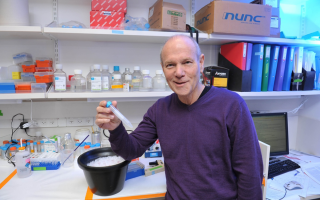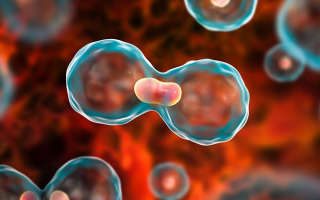The Hebrew University Congratulates Prof. Yinon Ben-Neriah on Winning the Israel Prize for his Groundbreaking Research in Cancer
March 25, 2025 – AFHU joins the Hebrew University of Jerusalem in congratulating Prof. Yinon Ben-Neriah on being awarded the prestigious Israel Prize for his groundbreaking contributions to cancer research.

















